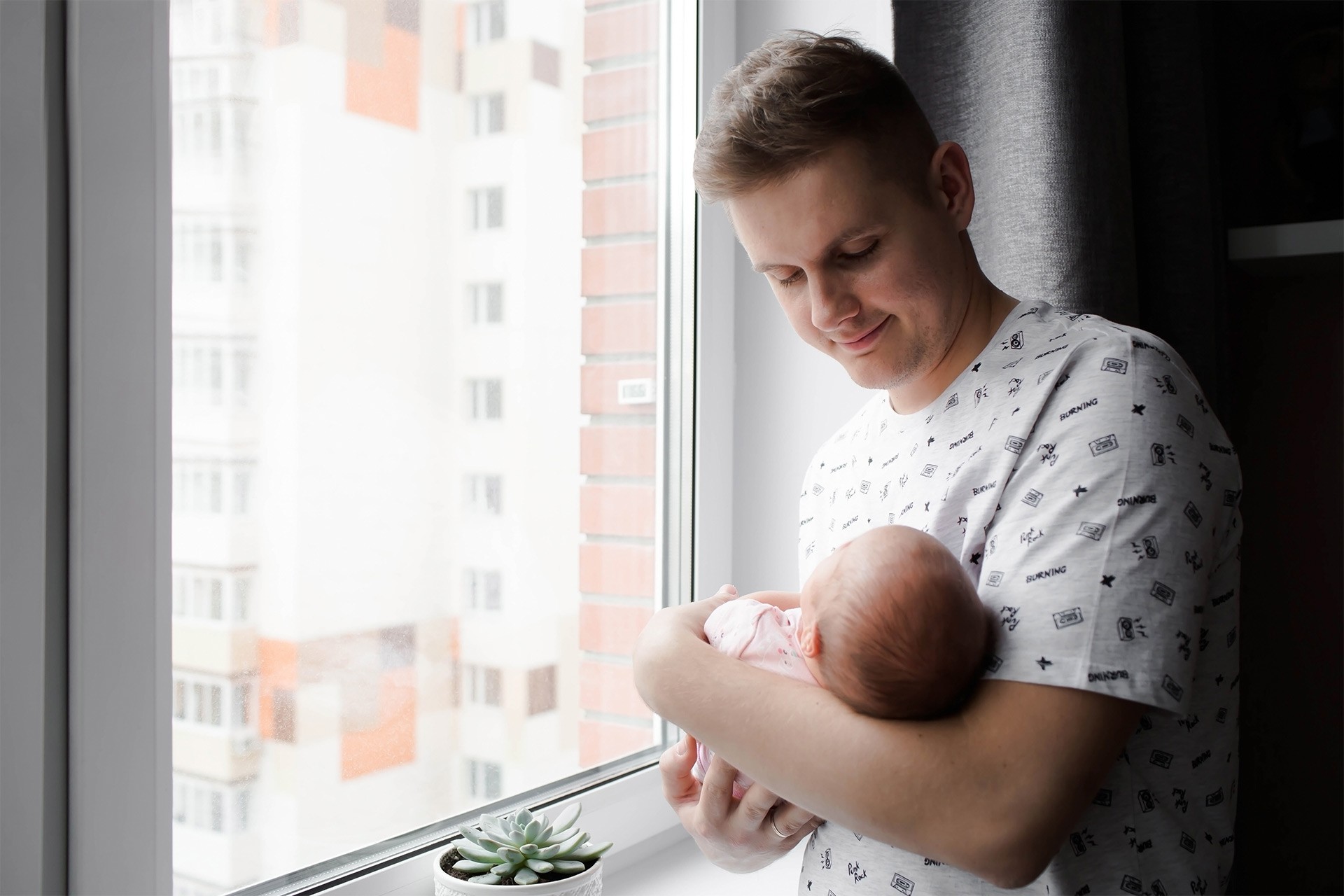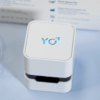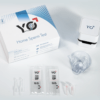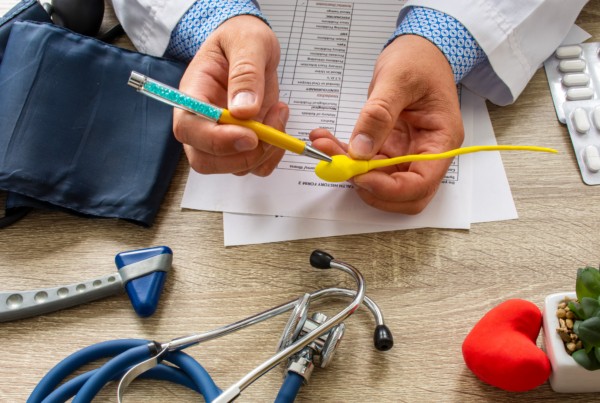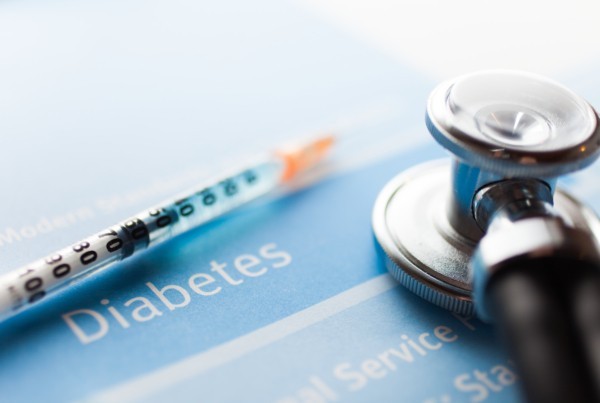The time it takes to conceive after surviving cancer varies between patients and depends on various factors. While cancer does take its toll on male fertility, for many men, the effects are temporary and they are able to have children post-treatment. In this article, we’ll look into how cancer may impact male fertility and ways to monitor your sperm health ahead and post-treatment.
How does cancer impact male fertility?
If and how cancer affects your fertility depends on your age, type of cancer, type and dose of treatment and any other health issues you may be experiencing. Testicular cancer, for instance, can affect your semen quality during the two years before cancer is discovered, but your sperm parameters can get better within several years of treatment.
Very often, it’s cancer treatment that damages sperm, rather than the cancer itself.
Treatment involving high doses of chemotherapy can damage sperm cell production, cause DNA damage to sperm and change hormone levels, including testosterone, which is imperative to fertility. Surgery to treat prostate, bladder, testicular, and colon cancer can all be detrimental to male fertility.
Will I be able to have children after cancer?
Some men go on to have biological children, while for others it may be more difficult. A 2021 study found that men diagnosed with cancer have significantly reduced rates of fatherhood compared to men who have not had cancer, however fatherhood rates among cancer survivors have increased markedly over time.
If you plan on building a family, your medical team will look for ways to preserve your fertility before starting treatment. Sperm banking, or cryopreservation, is one option and involves the freezing and storing of sperm for later use. Another option is shielding the testicles to reduce exposure and damage from radiation.
At this point, it is also advisable to test your sperm. Knowing what your parameters are before starting treatment will help you monitor progress during the recovery process. The Yo Sperm Test allows you to check your sperm motility in the privacy of your own home and provides you with a Yo Score you can use to compare your sperm levels pre-treatment and during recovery.
How long should I wait before trying to conceive?
Most medical professionals recommend waiting one year after chemotherapy or radiation before trying to conceive. This gives your body time to clear out any damaged sperm. If you’ve had targeted or biological therapy, your doctor may advise a longer wait-time.
As your recovery progresses, you can keep track of your fertility parameters with the Yo Test. This not only gives you information about your sperm health, but also your overall health as sperm levels are impacted by medical issues and lifestyle choices.
The takeaway
Coming to terms with a cancer diagnosis is tough and the thought of infertility may be an additional struggle if you’ve always dreamed of building a family. As we’ve seen in this article, many men go on to have healthy children post-treatment. Monitoring your sperm parameters pre and post-treatment provides you with the information you need to help you plan your future family.

